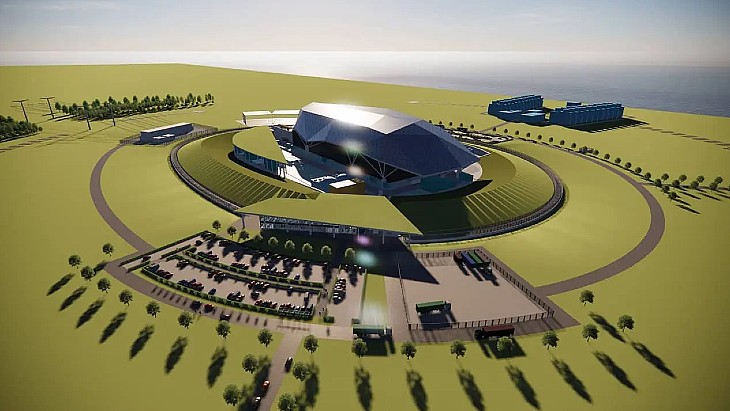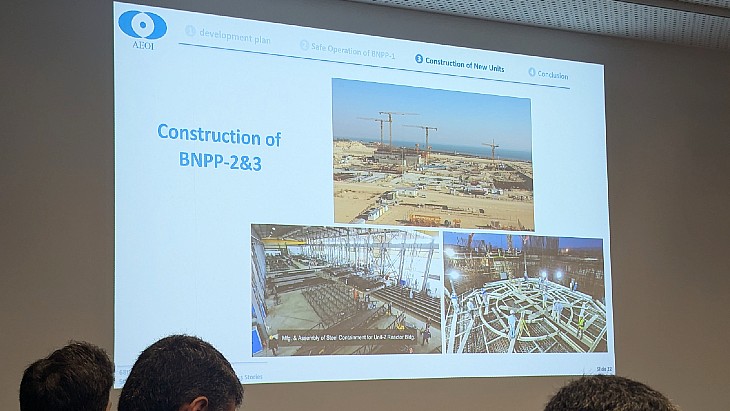Sizewell C planning application accepted for review
.jpg)
The application was submitted in late-May following four rounds of public consultation that began in 2012. Its submission was deferred for two months "in recognition of the extraordinary circumstances created by the Coronavirus", EDF Energy said.
"The decision [to accept the application] means the Inspectorate is satisfied that the eight years of public consultation by the project was conducted properly and that full examination of the proposals can now take place," the French-owned company said. "The timing is right to start the process for the public to be able to view the planning application with new guidelines in place for social distancing," it added. "We will ensure they have every opportunity to read the planning application for this project which will leave a positive legacy for years to come."
A summary of the proposals will be made available on the Sizewell C website and a newsletter will be sent to local people in the coming days which will outline all the ways EDF Energy will help the public take part in the planning process. The official start of the pre-examination process is 8 July. During the pre-examination stage, anyone with views on the application can register their interest with the Planning Inspectorate. EDF Energy noted that this stage of the process is required to run for 28 days but it has extended the period to run up to 30 September. A copy of the full planning application and supporting documents are available on the Planning Inspectorate website.
Sizewell C will be a near replica of Hinkley Point C (HPC), which EDF Energy is building in Somerset and, like HPC, it will be able to supply 7% of the UK's electricity once it enters commercial operation. At about GBP18 billion (USD22 billion), EDF Energy has said that Sizewell C will be cheaper to build than HPC, the estimated cost of which is between GBP21.5 billion and GBP22.5 billion.
If approved, Sizewell C will supply around six million homes with "always-on, low-carbon electricity made in the UK" that avoids the emission of nine million tonnes of CO2 compared to producing 3.2GW of electricity from gas-powered generation, EDF Energy said. The plant will support the expansion of renewables and improve the country's "national resilience" by reducing the need for energy imports, it said.
_92619.jpg)

_84504.jpg)







_88592.jpg)

